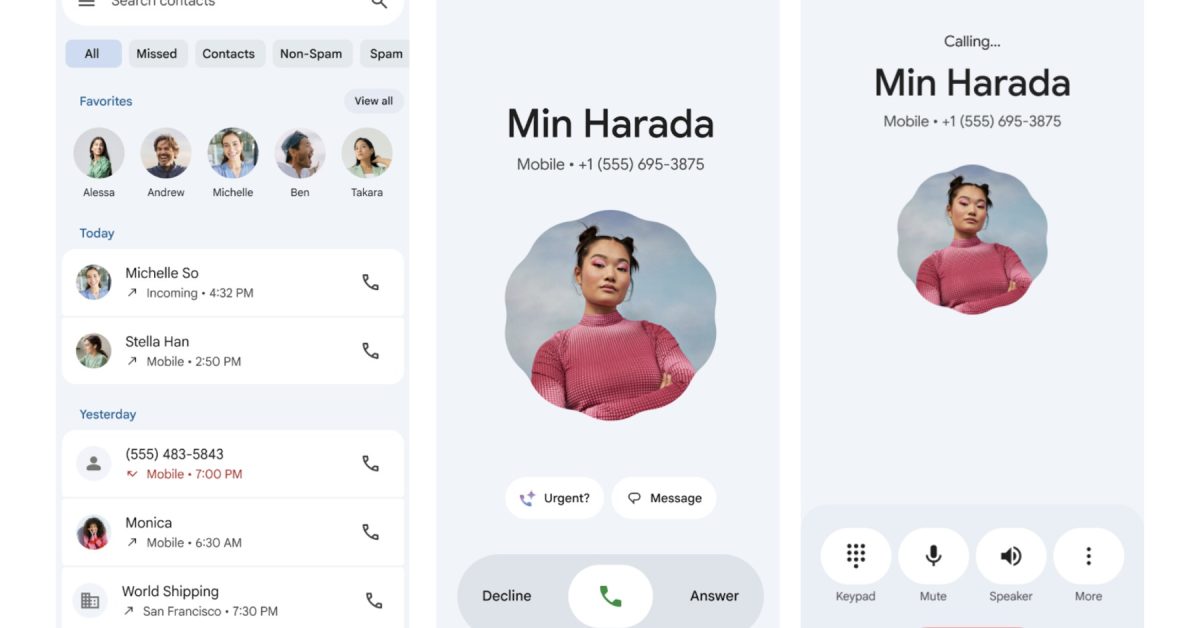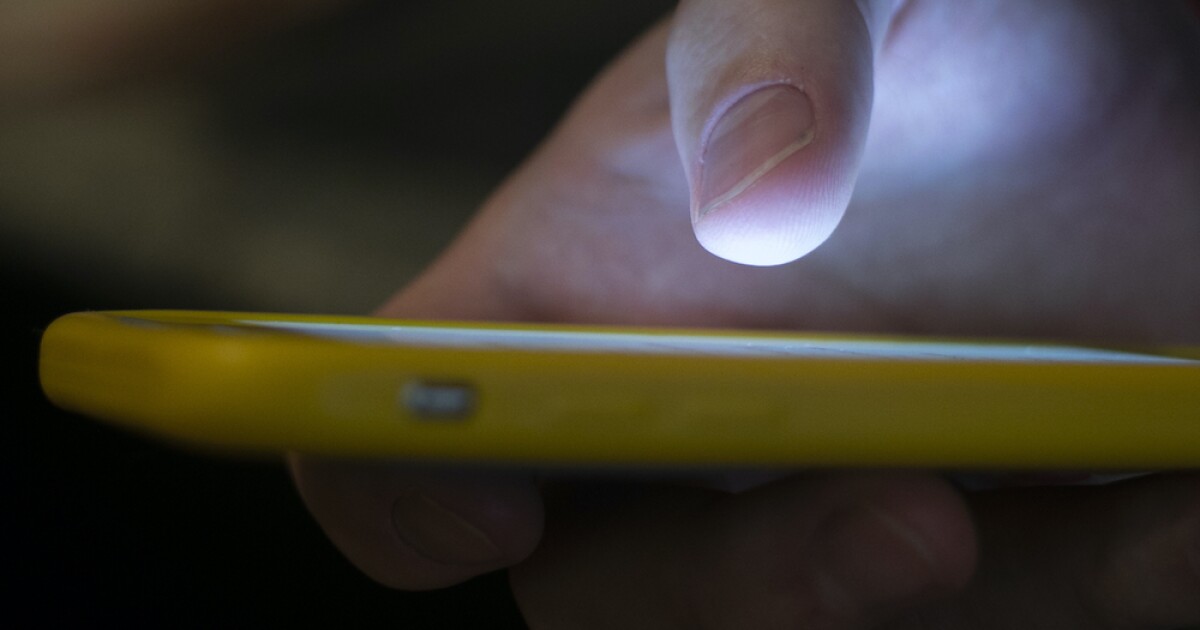Microsoft is closing the door on Windows 10 in October 2025, and will be ceasing security support for that operating system unless users pay $30 for a one-year extended security update. On Tuesday, with less than four months on the clock until support expires, Microsoft has added a free option. Users need to turn on cloud backup and connect it to their OneDrive account.
The ability to get free updates on Windows 10 is a pretty big deal because it is still the most widely used Windows OS, accounting for just over 53% of installs as of May 2025. That leaves millions of people without security support in just a few months unless they upgrade. So the cloud backup option gives users a way out without costing them any money.
The only potential issue is OneDrive. Anyone with a Microsoft account gets up to 5GB of storage for free. However, as The Verge points out, some backups may exceed this limitation, requiring users to purchase a monthly or yearly plan. At $1.99 per month for 100GB of cloud storage, a year of OneDrive still costs less than the $30 for a year of additional security updates, but it still may cause frustration among some users.
Windows 10 was released in July 2015, more than a decade ago.
Microsoft will be rolling out the ESU wizard in July 2025.
MicrosoftHow to get Windows 10 security updates for free
Per Microsoft's blog post, there are now three options for people who want to stay on Windows 10 and still receive security updates.
Use Windows Backup to sync settings to the cloud via OneDrive.
Redeem 1,000 Microsoft Rewards points. Redeeming those points can buy you one year of security updates.
Pay $30 for the extended security updates program.
Users will be presented with these options starting in July, which is when Microsoft plans to roll out the sign-up wizard for the Extended Security Updates program. Signing up for this option will guarantee updates until Oct. 13, 2026, although businesses will have the option to purchase up to three years of additional updates. So, this isn't a long-term solution, but rather gives consumers more time to upgrade to Windows 11.
It's been an uphill battle for Microsoft as people have been resilient in upgrading their existing hardware. There are myriad differences between the two operating systems, but Microsoft's string of unpopular decisions along with Windows 11 compatibility issues have kept the prior generation OS around a lot longer than it normally would be.








 English (US) ·
English (US) ·